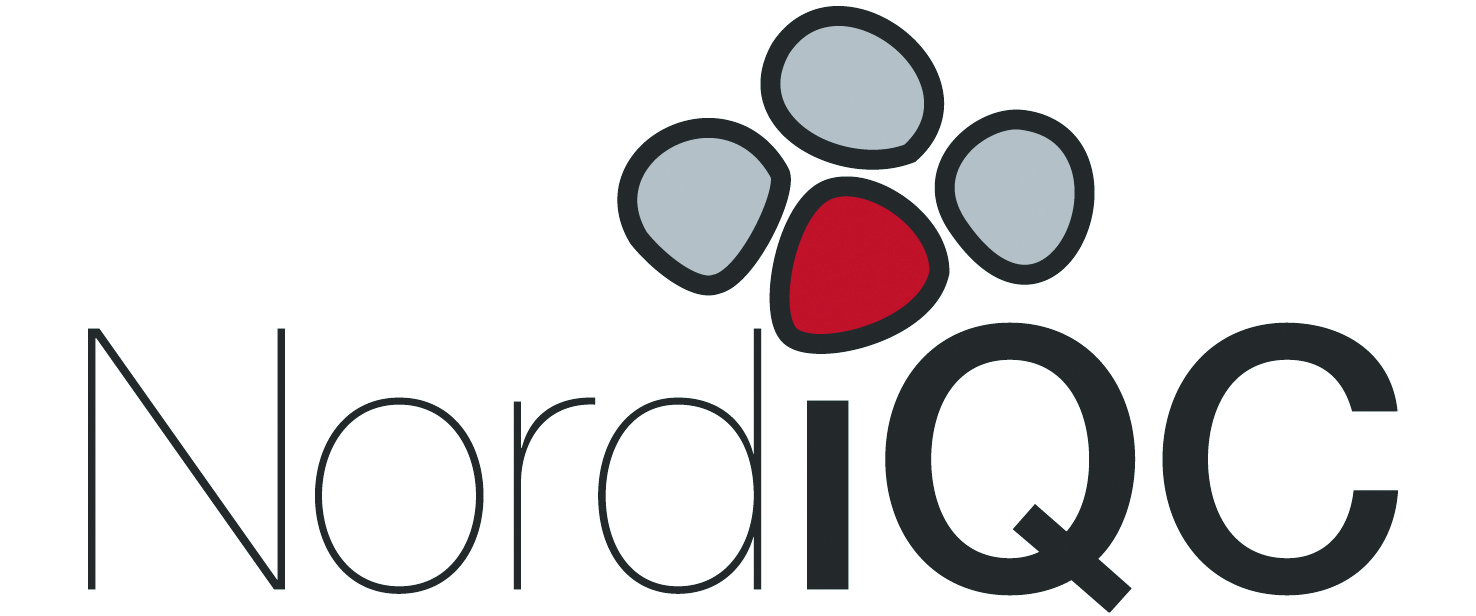PD-L1 IHC testing has a significant impact on patient eligibility for tailored specific immune oncology and
require high diagnostic accuracy. This also underlines the need of appropriate EQA methods to evaluate the
performance of PD-L1 IHC testing among the participating laboratories.
At present, PD-L1 IHC testing is based on the “3D-approach” aligning Drug, Disease and Diagnostic assay
inclusive read-out methods. This means that it is also compulsory to focus on the purpose of a PD-L1 IHC
test in order to evaluate the analytical accuracy and adequacy. Based on this, NordiQC from run C6 has
offered 2 segments in the companion module for PD-L1 IHC testing.
One segment focusing on PD-L1 IHC in non-small cell lung carcinoma and urothelial carcinoma for
treatment with KEYTRUDA®.
One segment focusing on PD-L1 IHC in triple negative breast cancer and urothelial carcinoma for treatment
with TECENTRIQ®.
The analytical accuracy is evaluated on the participants performance compared to “gold standard /
reference standard” methods and results characterized by the respective associated and approved
companion diagnostic PD-L1 IHC assays and relevant scoring methods / cut-offs. The participants can use
both laboratory developed and companion diagnostic assays for PD-L1. The EQA material consists of FFPE
normal tissues and relevant neoplasias with clinically relevant PD-L1 expression levels.
The segmentation of PD-L1 IHC testing hopefully will enable NordiQC to give more valuable information to
the participants on their level of analytical accuracy. There are many additional purposes including different
treatment options for PD-L1 and at this point NordiQC has decided to focus on the most widely tested
areas in PD-L1 IHC testing but will update the segmentation accordingly to any changes being required.
So far, the segmentation of the PD-L1 companion module has been widely accepted and supported by our
members and for the present ongoing run, C8 we have 210 and 130 participants registered for the PD-L1
KEYTRUDA® and PD-L1 TECENTRIQ® segments. The assessment data will be public available mid December
2020.
See more on www.nordiq.org
Søren Nielsen
September 2020

